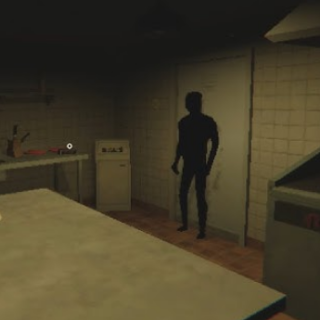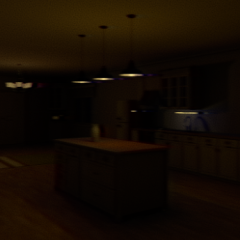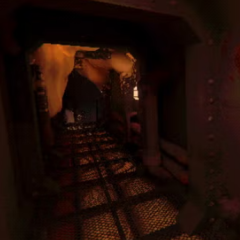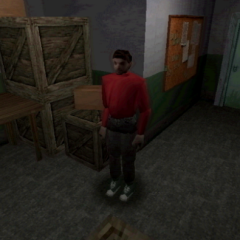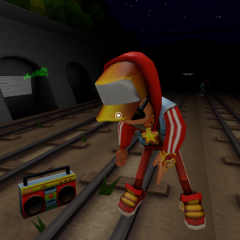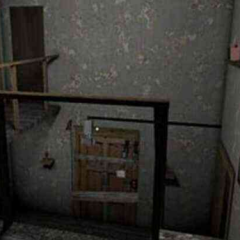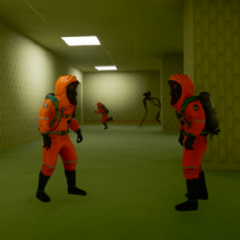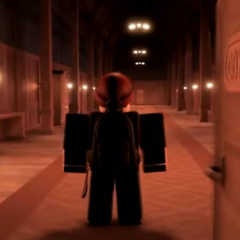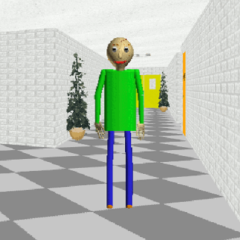Kiosk
Kiosk is a narrative-driven first-person game set inside a roadside food stand operating late at night. The player takes on the role of a lone worker assigned to prepare and serve simple meals to passing customers. The game unfolds in a confined space, where repetition and routine establish an early rhythm. Basic interactions like flipping burgers, brewing coffee, and handing out orders are central to the opening gameplay loop. The passage of time is marked by changing customer behavior and gradually shifting details in the environment.
Work Routine and Interactive Systems
Every in-game night begins with the player stepping into the kiosk and activating their shift. Food preparation involves selecting ingredients, assembling orders, and serving them within a short time window. As the nights continue, the list of available menu items grows, requiring greater multitasking and timing. While the initial experience resembles a work simulator, the mechanics are layered with subtle changes that affect the player’s sense of control. Performing tasks with precision and speed becomes more important as the order frequency increases.
Shifts in Tone and Emerging Storyline
Though the setting remains static, the game introduces unsettling elements as players progress. The environment begins to shift in minor but noticeable ways—objects move, the lighting flickers, and radio messages include distorted audio. The presence of the previous employee is referenced indirectly through customer dialogue and hidden notes. Instead of cutscenes, the narrative is told through environmental storytelling, player discovery, and atmosphere. Suspicion grows as each new shift feels less familiar and more detached from reality.
The game’s structure includes:
· Daily food preparation with increasingly complex orders
· Routine shifts interrupted by strange occurrences
· Environmental changes affecting perception
· Implicit storytelling through found objects
· Limited interaction with customers offering cryptic dialogue
Replayability and Gameplay Modes
In addition to the main story mode, Kiosk features alternative gameplay options that modify pacing and difficulty. Endless mode removes narrative constraints, allowing players to focus entirely on performance and efficiency. Relax mode offers a pressure-free environment to explore the space and experiment with order handling. These additional modes increase the game’s longevity while giving players the freedom to engage with its systems in different ways. Each mode retains the same physical setting but changes how the space is experienced.
Experience and Interpretation
Kiosk encourages personal interpretation by leaving much of its story open-ended. It resists direct explanations, instead inviting players to pay attention to details and form their own conclusions. The combination of repetitive tasks, minimal exposition, and gradually intensifying unease creates a layered experience. The game challenges the player not only to perform their duties but also to observe what feels out of place. In doing so, it transforms an ordinary job into a quiet, persistent mystery that unfolds over time.
